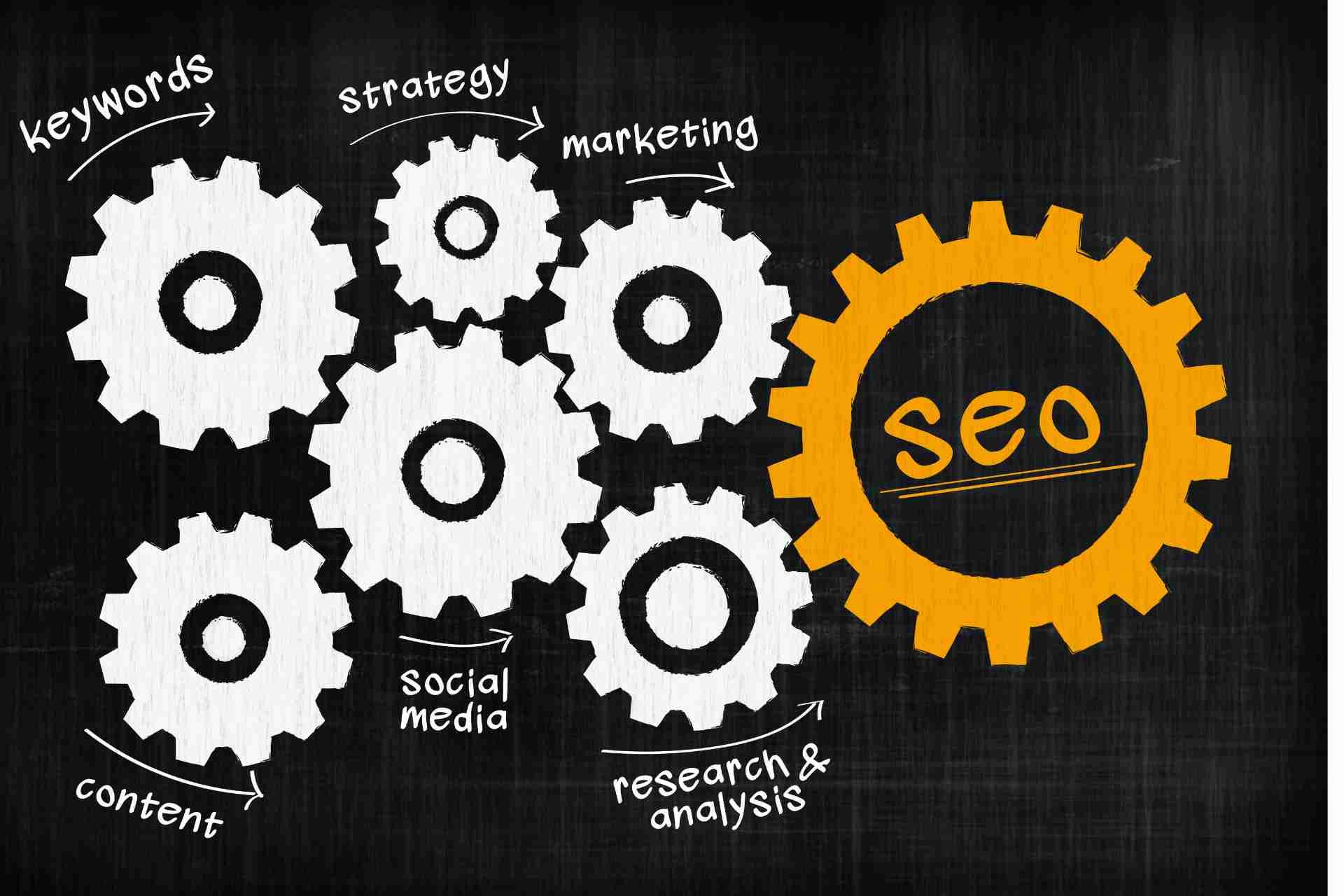The Difference Between On-Page, Off-Page, and Technical SEO

When it comes to improving your website's visibility, understanding the differences between on-page, off-page, and technical SEO is crucial. Each component plays a unique role in how search engines rank your site. On-page focuses on your content and user experience, while off-page looks at external factors like backlinks. Technical SEO ensures your site runs smoothly. But how do these elements interact to create an effective SEO strategy? Let’s explore.
Understanding On-Page SEO
When you dive into On-Page SEO, you'll quickly realize it focuses on optimizing individual web pages to rank higher and earn more relevant traffic.
You'll want to pay attention to several key elements, such as title tags, meta descriptions, and header tags. These components help search engines understand your content better.
Don’t forget about keyword usage; incorporating relevant keywords naturally throughout your text makes a difference.
Additionally, ensure your content is engaging and valuable to your audience, as this keeps visitors on your page longer.
Image optimization and internal linking are also essential; they enhance user experience and increase page authority.
Exploring Off-Page SEO
Off-Page SEO is crucial for boosting your website’s visibility and authority beyond its own pages. It involves strategies that help your site gain popularity and trustworthiness through external sources.
One of the most effective ways to achieve this is by building quality backlinks from reputable sites. These links signal to search engines that your content is valuable and worth referencing.
Additionally, engaging with your audience on social media can drive traffic and enhance your site's reputation. Participating in forums and guest blogging also helps you connect with potential visitors and establish your expertise.
The Importance of Technical SEO
Building a strong online presence isn’t just about external factors; it also hinges on how well your website performs technically.
Technical SEO ensures search engines can crawl, index, and understand your site efficiently. When your site is optimized technically, you improve loading speeds, mobile responsiveness, and security, all of which enhance user experience.
This means visitors are more likely to stay on your site, reducing bounce rates and boosting engagement. Plus, search engines favor well-optimized sites, which can lead to higher rankings.
Ignoring technical SEO can result in missed opportunities, as even the best content won’t shine if technical issues hold it back.
Prioritizing technical SEO is essential for achieving lasting online success and visibility.
How On-Page, Off-Page, and Technical SEO Work Together
While optimizing your website, it’s crucial to understand how on-page, off-page, and technical SEO work in harmony. On-page SEO focuses on the content and structure of your site, ensuring it’s relevant and engaging for users.
Meanwhile, technical SEO addresses the backend elements, enhancing site performance and crawlability for search engines. Off-page SEO complements these efforts by building your site’s authority through backlinks and social signals.
When these three elements align, they create a robust SEO strategy. Quality content attracts visitors, technical improvements ensure a smooth user experience, and off-page efforts boost your credibility.
Together, they enhance your site’s visibility, driving organic traffic and ultimately improving your search engine rankings. Embrace each type to maximize your website’s potential.
Best Practices for Each Type of SEO
To effectively optimize your website, it’s essential to implement best practices for each type of SEO.
For on-page SEO, focus on crafting unique, high-quality content, using relevant keywords, and optimizing title tags and meta descriptions. Ensure your website's structure is user-friendly and mobile-responsive.
For off-page SEO, build quality backlinks through guest blogging, social media engagement, and influencer partnerships. Maintain a strong online reputation by encouraging customer reviews and managing brand mentions.
In terms of technical SEO, ensure fast loading times, implement SSL for security, and create an XML sitemap.
Regularly check for broken links and optimize your site’s crawlability. By following these best practices, you’ll enhance your website’s visibility and search engine rankings effectively.
Conclusion
In summary, mastering On-Page, Off-Page, and Technical SEO is crucial for boosting your website's visibility. By optimizing content and user experience through On-Page strategies, building authority with Off-Page techniques, and ensuring your site runs smoothly with Technical SEO, you create a powerful online presence. Remember, these components work best when integrated. Stay updated on best practices, and you'll enhance your website's performance, driving more traffic and improving your search engine rankings.






